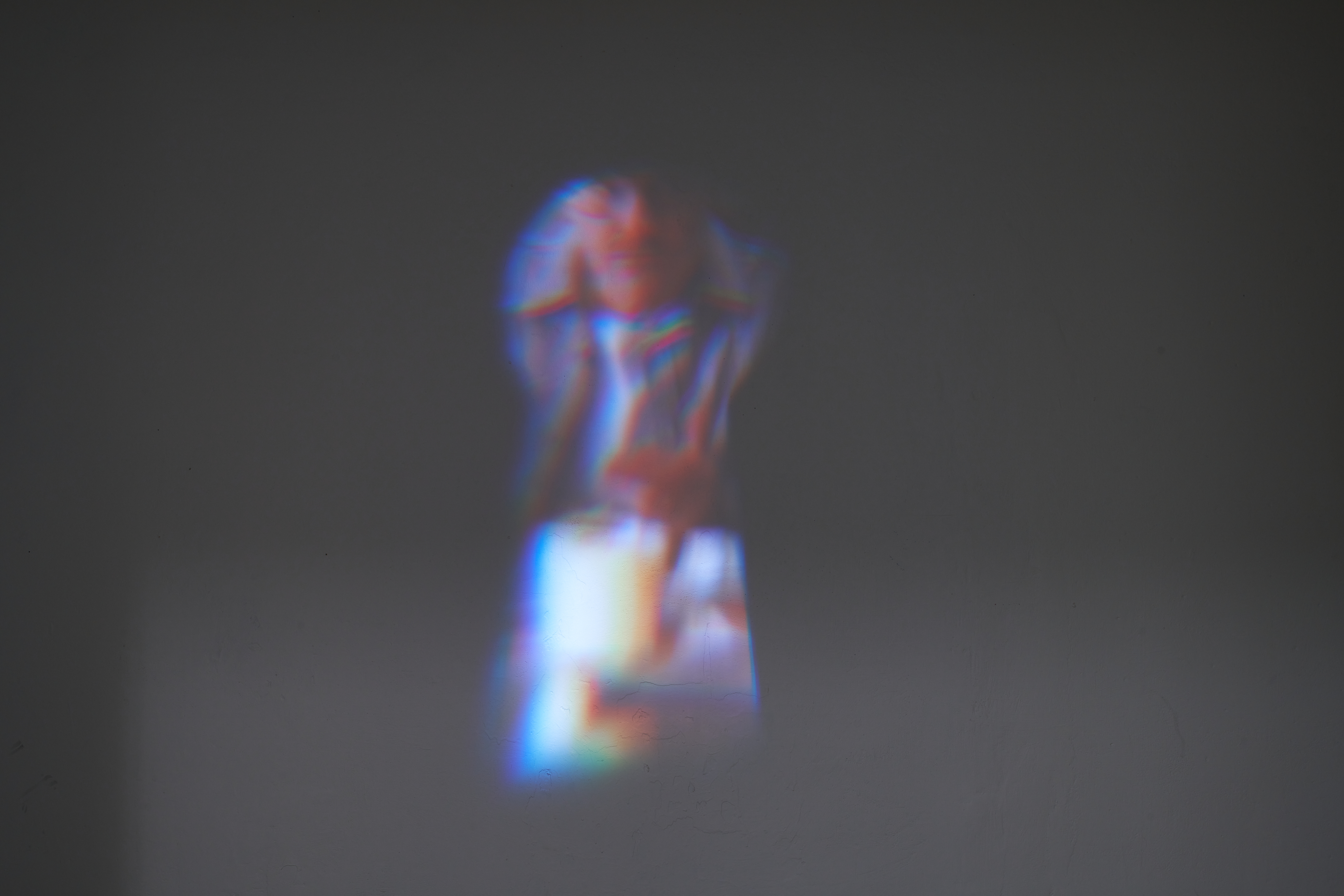Artists: Philipp Kolychev and Jozef Mrva jr.
Title: Rentoid Sanctuary
Curator: Šimon Kadlčák
Venue: Galerie FAVU
Two homeless men are talking and one says to the other: “Remember when we were jingling keys in 89′? .. I had a key to the house, to the cottage, to the garage, to the basement…”1
In the best of all possible worlds, at the nexus of time that has just crossed the threshold separating the past of the linear flow of historical time from the exponentially expanding radials of the post- historical present future, despite a just political system in which we allow ourselves to be represented by shots from advertisements that we even have the right to choose for ourselves, there remain thresholds that, for most of us, are uncrossable. Specifically, for example, the threshold from one’s own apartment or house. I hope you do not feel offended because I have the impression that someone might be tempted by that sentence.




Privileges are simply not for everyone, as the students of Lukáš Kovanda’s Studio of Conceptual Economics at the CEVRO Institute know very well. Already among the volcanic ash-petrified bodies in Roman Pompeii, there were people living in rented and sublet housing, and what happened to them needs no reminder. Until today, their petrified remains symbolically speak to us with a wise message: it has always been this way, and that is why it is right. This is even more true today, but that is the result of progress. The key, or keyhole, has always been a parable shrouded in mystery. It associates us with something inaccessible, hidden from the reach of our eyes, a desire that may be very close, but only the owner of the key is allowed – like a wizard guarding the formula of an incantation – to peek behind the reinforced concrete or other fortel curtain separating the tiresome despair of the outside world from the fancifully bright idea of a 1 + 1 bedroom with a hood and a balcony. Just as ciphers are broken, the antidote to keys has gradually emerged in the form of jewelers’ picks, crowbars, pry bars, pliers, and turnbuckles.









So if you cannot afford your own housing, your rent has been raised prohibitively, or you are being evicted by your landlady, it is advisable to be realistic about the situation: if you assess that your chances of finding adequate alternative housing are low or non- existent, taking a retraining course to learn the basics of expertly handling the tools mentioned
above is the recommended solution. The double advantage of this over contract housing is obvious: if you get found out, you’re looking at a stint in jail, so whatever the outcome, you’ll spend the winter warm. If, for some reason, it didn’t work out, or you simply exercised your free will and didn’t decide to take the retraining option, you still have a whole host of options for accommodation. These include canals, spaces under road or railway overpasses, abandoned building cells (at this point, it should be
reminded to the hesitant that not all unimo cells will burn down in time), gazebos; romantic souls will appreciate staying in the open air with a nice radiant hot water behind their back, and some may even be able to pitch a tent. It is desirable to realize that understanding the system you live in is a competitive advantage.
















So try to monetize your new lifestyle! Present it as an exotic alternative, define your target group, and think of your unconventional living as a product at all times! Themed walks with homeless people have already gained some popularity; there is a variant with the establishment of an experience hotel, but also perhaps an escape game. If, after successfully applying and integrating these recommendations, you still suffer from a certain resentment for
standard conventional housing, keep a positive mindset and cultivate mindfulness techniques above all. Instead of a key, you can at least own a similarly shaped toothbrush, a prop of high social prestige, and at least you won’t trip over the threshold.
The exhibition is held under the auspices of the Mayor of Brno, JUDr. Markéta Vaňková
1 The protesters were jingling their keys during the 1989 Velvet Revolution in Czechoslovakia, this act became one of the most renowned symbols of the protests. All credits for this joke go to Czech artist Martin
Zet, who re-enacting it with the help of two actual homeless men in one of his videos. 2 Lukáš Kovanda is Czech neoliberal economist popular and commonly invited as a commentator by Czech mainstream media. He is a son of world-renowned conceptual artist Jiří Kovanda. CEVRO Institute is a conservative think-tank and private university.
